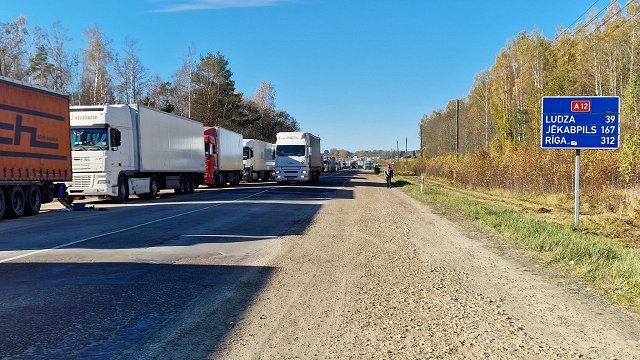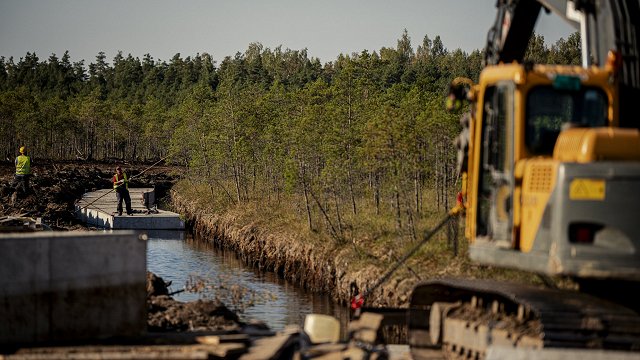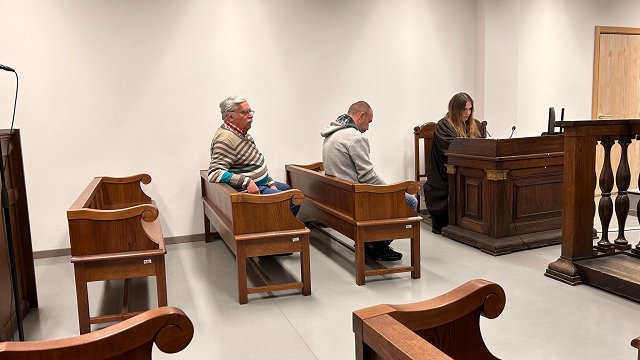Indra in Krāslava municipality is a small border village about 5 kilometers from Belarus. The proximity of Russia was also felt Thursday at a security forum, where non-governmental organizations invited state and local government officials, as well as security experts, to share their advice.
The forum opened with a speech by the Mayor of Krāslava, Gunārs Upenieks (Latvian Farmers' Union) and the event's sponsor, British Ambassador Paul Brummell, as well as by the Minister of Defence, Andris Sprūds (Progressives). He was not present in person but prepared a video address. This did not start on the first attempt.
"We had to reload the equipment and restart it because, as we know, there is damping in the border area. The internet has become slower, the technical people also said that it was not possible to have a smooth, high-quality video," said Zane Ločmele, a representative of the association "Krāslava Municipality Partnership".
Local people are interested in how to access the information.
"Our seniors of age 65+, unfortunately I have to say - a very large part of them do not speak Latvian at a sufficient level. How are we going to reach these people and get our Latvian message across?" asked Viktors Moisejs, head of the Krāslava Seniors' Association.
Civil protection plans in case of a military threat have been drawn up, also for the Krāslava region, but is this enough? The Minister said that the last exercise had concluded that the availability of transport for evacuation needed to be improved. Meanwhile, the municipal governor said that he had not yet obtained a state secret and did not know how much and what to tell the citizens. NGO representatives urged both the state and the municipalities to trust and support local activists more.
"For example, on civil protection. Whether we have a plan or not, the question is who will be the person in the evacuation center who will prepare the directions where to go. Someone has to do the practical things," said Inese Vaivare, head of the Latvian Platform for Development Cooperation.
There is not only a shortage of civil protection specialists, but also of communication specialists.
"In this respect, a communicator working in a municipality has as big a role as the head of the municipality, because he or she has to be part of the civil protection commission. He or she has to inform local non-governmental organizations, local regional media, and possibly national media before any commission is convened that a crisis is imminent," said Ričards Bambals, Head of the Strategic Communication Coordination Department at the State Chancellery.
In the event of a crisis, even if it is local, border residents expect timely information on municipal websites, media reports, and a ready cell broadcasting system.























